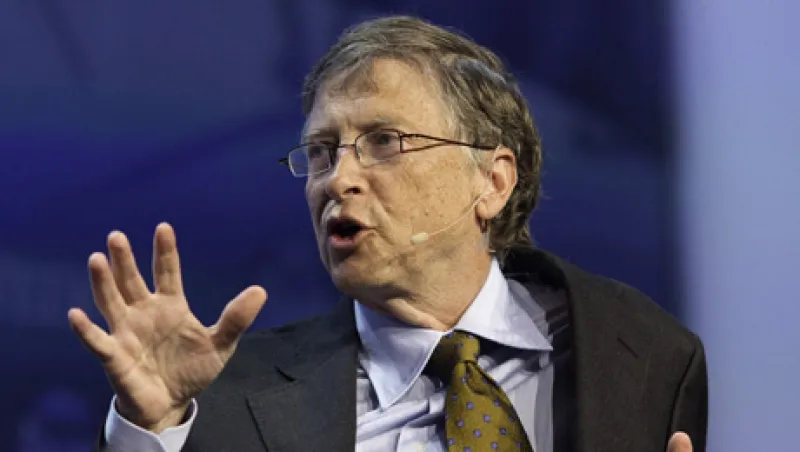
Bill Gates Promotes Electronic Cash as a Development Tool
Microsoft founder joins UN, Citigroup and others to help developing countries shift from cash to chearp and more transparent electronic payments.
Jeffrey Kutler
March 8, 2013


